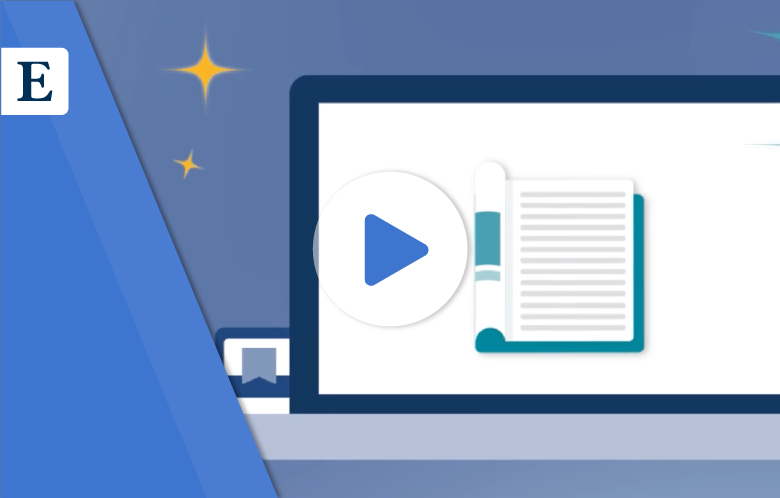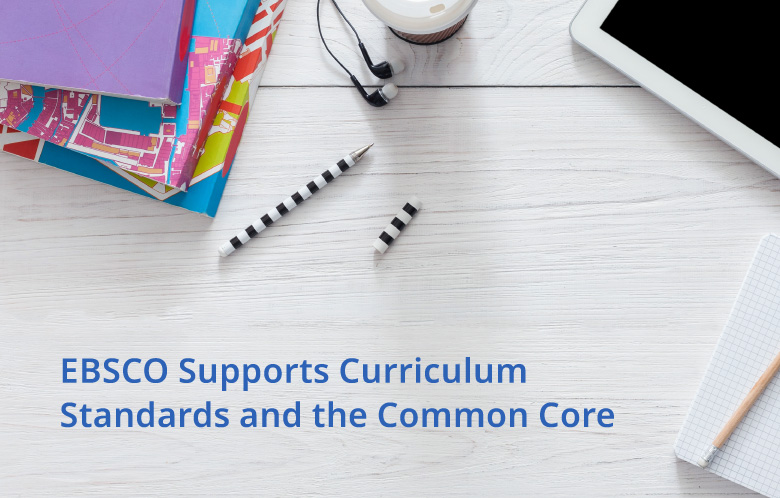Transcript | Download
PsycInfo from the APA
PsycInfo is the premier abstracting and indexing database for psychology in the behavioral sciences. It has over five and half million records. It covers articles, books, book chapters, dissertations. It goes all the way back to the underpinnings of PsycScience with content from Francis Bacon, for example, in late 16th century, and it goes all the way up to the broadest range of peer reviewed journals, covering the latest findings in the field. We determined that we needed to build some services specifically for researchers in three areas. One area was keeping up to date with the scientific literature. Another area was full text access. And then the final area is analytics tools for novel ways of looking at the content in the science. We began with an invite-only service to researchers in psychology specifically to help keep them up to date with the scientific literature as it was being released into PsycInfo. And that's what led us to develop the PsycInfo research services. From a very simple perspective, what we do is we ask researchers to give us a couple of sentences about what their areas of interest are and from that we extract the likely topics of interest and we send them a weekly digest that is easily navigable and includes hopefully everything that they are interested in. But what makes it more interesting is that the system learns from the interactions that the researchers have with the content. For example, someone may have signed up and indicated that they're interested in neurodegenerative diseases, but that's pretty broad. And although the system would be delivering quite a lot of that content, what we may find is that the researcher is actually clicking on items that have specifically to do with Alzheimer's, and then when they're on the platform and they're looking at other content, they're digging further into Alzheimer's and looking at amyloids, plaques and other parts of the brain signs for it, which leads then to the algorithm's adjustment and making sure that that content is highlighted. It's higher in the relevancy for the individual. And also that it begins to get more precise. So to see less and less of the content that they may not really be interested in. There's a lot of AI features and natural language processing-based features, but it's also a highly personalized platform. So if you think of the classic PsycInfo as a search interface where your expectation is essentially to be able to search the literature, navigate the literature through filters and facets and results sets, perform complex queries, where it's essentially the same platform for everyone, the PsycInfo research services are personalized so when a researcher comes to the platform, they are seeing recommendations that are based on their specific interests, on their particular use of the platform, as well as they're seeing, for example, a homepage that is tailored to them. It gives them access to items they've recently looked at. It gives them access to the research updates that have been sent to them. So the emails, and also gives them quick access to their notifications of what comes to them and their topic areas. Since releasing that research update, we have expanded the service to include analytics, tools, as well as full text delivery through a platform that we've set up: psycinfo.api.org. We also have a topic mapper and tools for analyzing and exploring journals. So for example, researchers can look at the methodologies covered by a journal. They can look at the topics covered over time. They can look at which authors were most prolific in different topics over time, as well as what type of approach they were taking to their research. So anyone at an academic institution that subscribes to PsycInfo can get access to the platform simply by going to psycinfo.api.org, and enter their institutional email. They can then sign up for research updates by putting in information about their research interests. By default, we also send notifications of new citation of work. So if you're an author and you sign up, if your work is newly cited in PsycInfo, we'll let you know.


